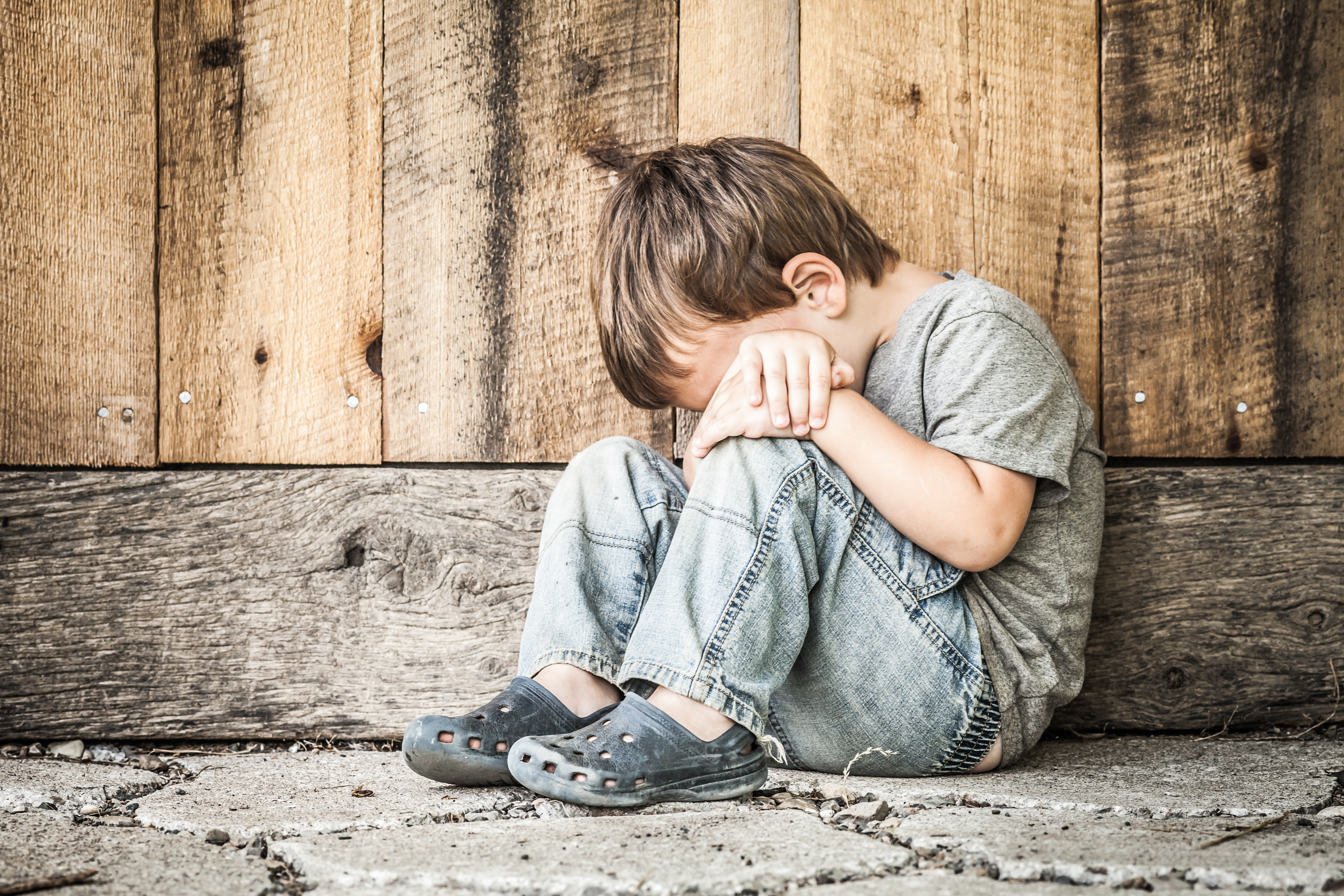
<h2>Changes recently announced by the Government on how it will monitor and reduce child poverty have been welcomed by educators around the country.</h2>
<p>NZEI Te Riu Roa President Lynda Stuart says NZEI members, who work with very young children through to teenagers, see the effects of poverty on children’s education and general well-being every day at their schools and centres.</p>
<p>There is a well-documented link, both globally and nationally, between poverty and educational outcomes for children.</p>
<p>Mrs Stuart says while the Child Poverty Reduction Bill is long overdue, changes need to be made now.</p>
<blockquote>
<p>“Children who struggle in schools and centres should have access to all the support they need – be that teacher aide hours, counselling or Learning Support. They also need to live in housing that will allow them to thrive and learn, and in a household where their families and whānau are not struggling to pay the bills, feed them or take them to the doctor.”</p>
</blockquote>
<p>The Government’s Child Poverty Reduction Bill outlines a comprehensive suite of targets and measures on child poverty and puts the onus on the government of the day to set a wellbeing strategy focusing on poverty.</p>
<p>The Bill puts into law four primary and six supplementary measures of poverty and material hardship.</p>
<p>The Minister responsible for the strategy will work with other ministers such as health, education, and disabilities, to adopt the strategy.</p>

NZCER found generative AI tools are frequently used to support teaching and learning in primary…
The Ministry decision to discontinue a reading resource over kupu Māori has angered the sector…
NCEA was designed to broaden educational success, explains David Pomeroy from the University of Canterbury.
More than just a break from the classroom, a visit to a zoo or wildlife…
Without proper maintenance and care, trees can become a hazard. Are your trees in need…
Loneliness and social disconnection negatively impact wellbeing. A new WHO report finds teens feel the…
This website uses cookies.